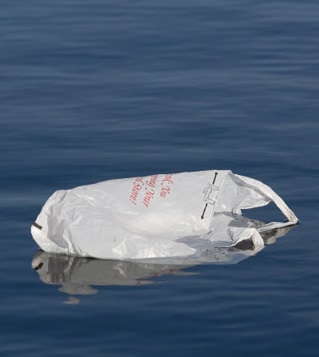Plastic plan partly backed
 Councils have welcomed parts of the Federal Government’s National Plastics Plan 2021.
Councils have welcomed parts of the Federal Government’s National Plastics Plan 2021.
The Federal Government has outlined its new strategy, saying it will work to:
-
phase out problematic and unnecessary plastics such as expanded polystyrene (EPS);
-
work with industry to deliver national packaging targets;
-
invest in new plastics product stewardship schemes; and
-
strengthen Commonwealth procurement rules to kickstart demand and an initial “pull-through” for recycled materials.
The Australian Local Government Association (ALGA) says the plan will help achieve many of the 2020 National Waste Policy Action Plan targets endorsed by Australia’s Environment Ministers.
“We broadly welcome this plan as an opportunity for the Commonwealth to better engage with and enable local government to make further progress on managing waste sustainably and responsibly,” ALGA president Linda Scott said.
Australia’s 537 local councils manage around 26 percent of Australian waste annually, either directly or through contractual arrangements.
Each year, local governments collect around 9.7 million tonnes of waste from kerbside bin services, sort it at material recovery facilities (MRFs), and dispatch what can be recycled to reprocessing facilities. The cost to councils is an estimated $3.5 billion annually.
Local government also dedicates resources to administering community waste-education programs, collecting litter, addressing illegal rubbish dumping, and ensuring compliance with waste bylaws.
ALGA has welcomed the bulk of the new commitments, but says one measure is causing concern.
The Federal Government said it will “work with the states and territories to harmonise kerbside recycling collection”.
“Creating the same bins for every area of Australia without significant additional funding for local governments is not a practical way to achieve increased recycling,” Cr Scott said
“A one-size-fits-all approach assumes Australian homes are the same size and ignores the reality that Materials Recovery Facilities vary enormously in capacity and capability across Australia.
“Bins that are designed for the Port Macquarie-Hastings local government area may not be the best fit for the Town of Port Hedland,” she said.








 Print
Print